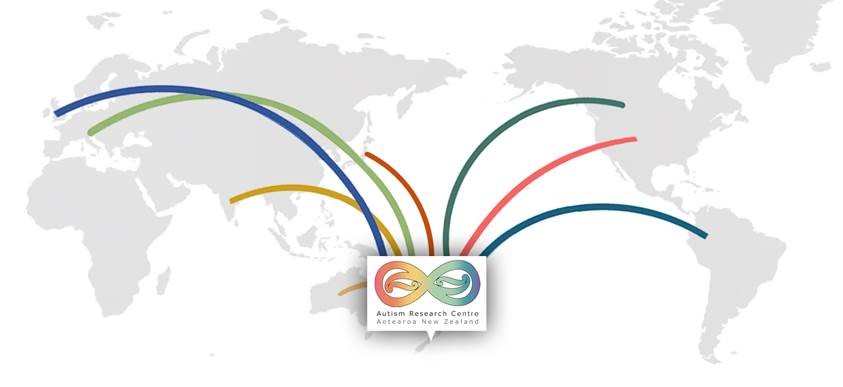In addition to our funded research, the ARC supports autism research conducted by post-graduate students and research fellows. Some of the student projects currently being undertaken at the University of Canterbury are noted below.
Monique Clarke - Evaluating the effectiveness of telehealth-delivered, parent-implemented sleep support for Autistic children.
Taylor Scott – Autism-focused digitally-delivered professional education in healthcare.
Holly Gray – Co-design of digital mental health support for Autistic youth with co-occurring anxiety: a qualitative inquiry.
Cat Noakes-Duncan - Exploring Influences on Early Autism Referral: Analysing Attitudes as Enablers or Barriers Among Early Referrers.
Tori Evans - Will co-designed modifications to an Acceptance and Commitment Therapy (ACT)-based support model result in self-reported improvements in mental health of autistic adolescents?
Bella Rothwell – The effectiveness and acceptability of digitally-delivered supports focused on parent-child engagement and child and caregiver well-being.
Summer Hart - Re-conceptualising sleep hygiene among Autistic adults
We are passionate about supporting early career researchers, in particular Autistic researchers in autism research. If you are interested in carrying out a PhD within the ARC, then please get in touch with Prof Laurie McLay (laurie.mclay@canterbury.ac.nz), or any of our other researchers, via email.









